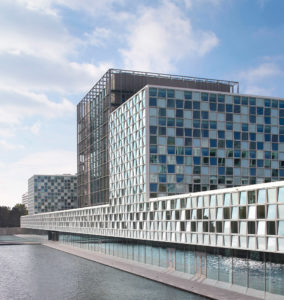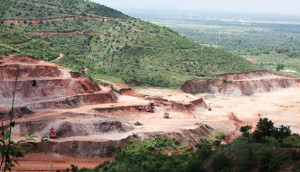 This week, the Office of the Prosecutor of the International Criminal Court (ICC) published a detailed policy document which provides guidance on how the Office of the Prosecutor exercises its discretion in the selection and prioritisation of cases.
This week, the Office of the Prosecutor of the International Criminal Court (ICC) published a detailed policy document which provides guidance on how the Office of the Prosecutor exercises its discretion in the selection and prioritisation of cases.
For the first time, the Office said that it would also prioritise crimes that result in the “destruction of the environment”, “exploitation of natural resources” and the “illegal dispossession” of land.
“The Office [of the Prosecutor] will give particular consideration to prosecuting Rome Statute crimes that are committed by means of, or that result in, inter alia, the destruction of the environment, the illegal exploitation of natural resources or the illegal dispossession of land”, says the policy paper.
Cambodia seems to be a good example for this new ICC focus as a case has been lodged with the ICC on behalf of 10 Cambodians alleging that the country’s ruling elite, including its government and military, has perpetuated mass rights violations since 2002 in pursuit of wealth and power by grabbing land and forcibly evicting up to 350,000 people.
Broadening the priority cases to include land-grabbing would recognise that mass human rights violations committed during peacetime and in the name of profit could be just as serious as traditional crimes.
Reinhold Gallmetzer, a member of the ICC working group who drew up the policy document, said: “We are exercising our jurisdiction by looking at the broader context in which crimes are committed. We are extending the focus to include Rome statute crimes already in our jurisdiction.”
“Forcible transfer [of people] can already be a crime against humanity, so if it is committed by land-grabbing – whether as a result or a precursor – it can be included.”

